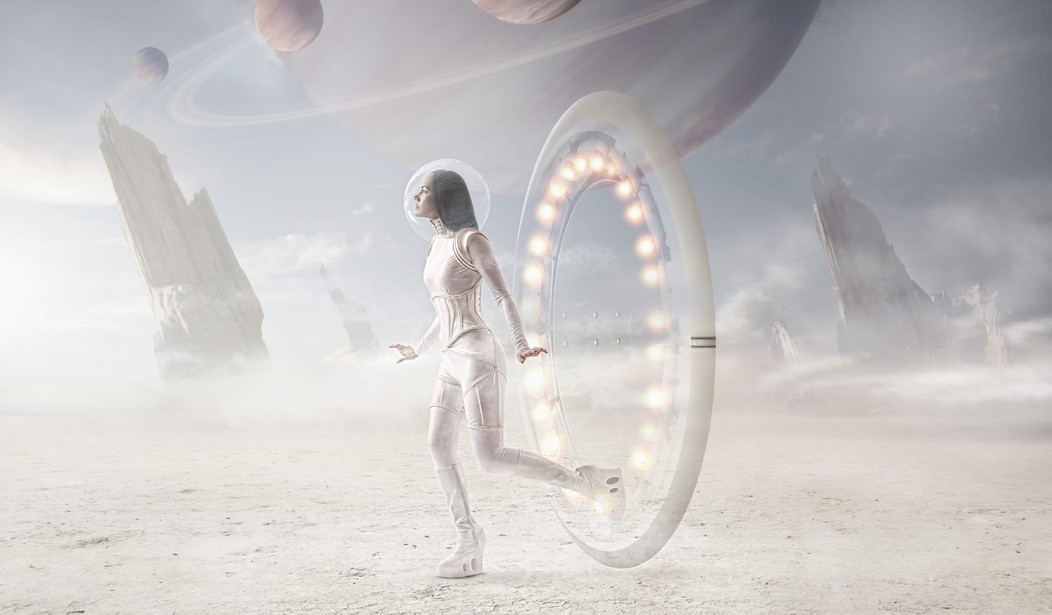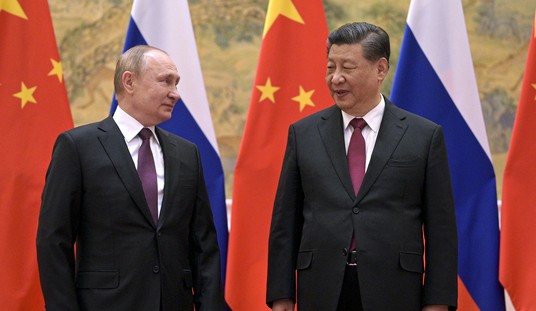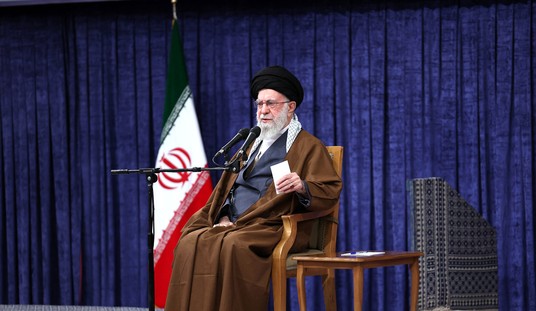I was married and in the States by the first time I heard that Robert A. Heinlein was supposed to be misogynistic.
This surprised me more than a little because I’d read the man, and I thought he was, if anything, too idealistic and viewed women through rose-colored glasses.
Take his quote: Once a month, some women act like men act all the time.
By the time I read Heinlein, I had been exposed to that “once a month” thing, both by myself and by attending an all-girls school, and I thought his view was unwarrantedly rosy. If men were like women are once a month, there would be no civilization. At least, not any civilization that didn’t involve bursting into tears and punching holes in walls.
But in that quote is the reason that my female friends in the U.S. had become convinced he was “misogynistic”: he dared mention the ways in which women are different, the basic chains of our biology. By the eighties, the female “thought leaders” had decided that women were special because they were exactly like men but more oppressed.
I’m not now, and have never been, absolutely sure how this “we are exactly alike, and women have been held back for centuries and are therefore superior” is supposed to work.
For me, the unarguable biological difference between men and women starts in the womb, with the hormones that shape brain and body differently. Which doesn’t mean we are superior or inferior. It just means we are different. Tools suited for different tasks if you wish. My friends in medicine assure me that testosterone allows you to think faster, in straight pathways, and progesterone makes your thinking patterns deeper, more connected.
I understand that this is all in a continuum and that women at one extreme might be more similar to the median in men and vice versa. However, women Olympians would have trouble winning over men high school athletes.
On the other hand, women can endure more pain and discomfort than men.
But for daring to claim men and women are different, Heinlein has been condemned as “misogynist.”
I’m gratified that Heinlein foresaw this a long time before:
Whenever women have insisted on absolute equality with men, they have invariably wound up with the dirty end of the stick. What they are and what they can do makes them superior to men, and their proper tactic is to demand special privileges, all the traffic will bear. They should never settle merely for equality. For women, “equality” is a disaster.
I have been on panels in science fiction conventions, where women complain that women in Heinlein’s books want to have children and families, or that women wear aprons.
We’ll ignore the apron thing, a mark of my colleagues’ lack of grip on how much cheaper cloth is now than it once was, and how those who engage in actual cooking should wear aprons if they don’t want to have to replace their clothing frequently.
We’ll concentrate instead on the idea that wanting a family and children is considered demeaning for women. It’s not, or it wasn’t, last I checked, considered demeaning for men to want families and children.
The only thing I can imagine is that in these women’s heads, being female is naturally inferior, and therefore to expect women to do what women do, in having children and enjoying their biological purpose as women, is to want them enslaved.
Me? Ah. I grew up in an actual traditional culture – a Latin one – in which women were actually considered inferior.
While I didn’t read Heinlein for his female characters – unlike toddlers and some of my colleagues, I can identify with and enjoy the adventures of characters not exactly like me – it was freeing and mind-expanding that Heinlein had women as space explorers, making their home on the final frontier, facing down danger with his male characters, and often being the voice of reason, the voice of sanity or the voice of daring.
His women lived lives they chose and were as competent as men when they needed to be while being undeniably female and not giving up any of their own unique abilities and characteristics. They were space pilots, and secret agents (and yes, they used female razzle dazzle, because in jobs you use all that you are. No, that didn’t make them inferior), homesteaders on Mars, women who could and did fight against alien invaders.
Heinlein’s women were an integral part of the human race, capable of contributing to the survival of the species by all means necessary. Sure, they wanted to have children, because a species without children doesn’t survive, but they also stood ready to fight for and protect those children, and carry humanity into the future.
I was reminded of this, recently, while listening to the Moon landing day interviews with Robert A. Heinlein, where he makes the case for having women astronauts (just as capable as men, weigh less, etc.) but in the next breath says that all of humanity needs to go to space: men, women, and children.
It is clear he doesn’t think women should be held back, either because they’re thought inferior or out of some misguided notion they need to be protected.
But at the same time, it is equally clear that his vision of humanity — the two halves of humanity, unequal but complementary, different but equal in rights and in abilities – is one of a species that goes to the stars, both sexes, all ages.
So to my colleagues, offended by aprons and parturition, I say, that’s fine. You play on Earth and pretend there’s no difference between men and women, and try to convince us that women deserve to rule by virtue of being victims.
We women who grew up reading Heinlein are different. We know that we are different, but know we are as capable as men of creating a future worth living in, and more important than men because only we can give birth to the future.
The women of feminist-offense can doubtlessly find something to complain about in everything Robert A. Heinlein – a man who loved women – wrote and said. And I hope they enjoy it. But only we Heinlein women are capable of giving birth to children who will take over the stars.









Join the conversation as a VIP Member